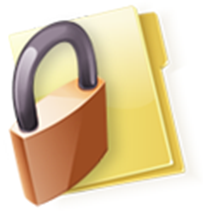eDiscovery Best Practices: Issuing the Hold is Just the Beginning
eDiscovery Best Practices: Issuing the Hold is Just the Beginning https://cloudnine.com/wp-content/themes/cloudnine/images/empty/thumbnail.jpg 150 150 CloudNine https://cloudnine.com/wp-content/themes/cloudnine/images/empty/thumbnail.jpg
Yesterday, we discussed identifying custodians, preparing a written litigation hold, issuing the hold and tracking responses. Today, we’ll discuss interviewing hold notice recipients, follow up on notices, releasing holds when the obligation to preserve is removed and tracking all holds within an organization. Here are the rest of the best practices for implementing a litigation hold.
read more



